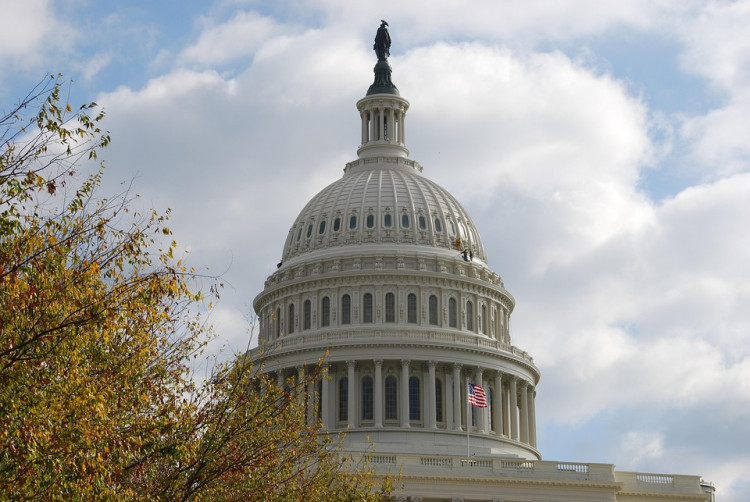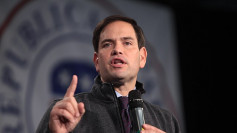The Senate on Friday rejected dueling Republican and Democratic stopgap spending bills, leaving Washington with no clear path to avert a partial government shutdown set to begin Oct. 1.
The Republican measure - a seven-week continuing resolution that passed the House earlier in the day in a 217-212 vote - failed to clear the 60-vote threshold in the Senate, falling 44-48. Sen. John Fetterman (D., Pa.) broke ranks to vote yes, while Republican Sens. Rand Paul (R., Ky.) and Lisa Murkowski (R., Alaska) opposed the bill.
Senators also voted down the Democratic plan, which would have kept the government open through Oct. 31 and included policy provisions to reverse Medicaid cuts enacted in President Donald Trump's "big, beautiful bill," permanently extend Affordable Care Act subsidies and restore funding for public broadcasting. That vote was 47-45, largely along party lines, with seven GOP senators absent.
The back-to-back failures highlight the deep partisan divide and raise the likelihood that the federal government will run out of money when the current funding expires at midnight on Sept. 30. Both chambers are set to recess for Rosh Hashanah, leaving lawmakers with only two legislative days - Sept. 29 and 30 - to strike a deal when they return.
Senate Majority Leader Chuck Schumer (D., N.Y.) accused Republicans of following orders from the former president rather than negotiating. "Donald Trump made it clear, don't even bother dealing with the Democrats," Schumer said. "Thune and Johnson listen to Trump. They are not independent actors."
House Speaker Mike Johnson (R., La.) defended the GOP legislation as a "clean, completely nonpartisan CR" and blamed Democrats for the stalemate. "If they choose to vote against this ... then they will be choosing to shut the government down, and they will own the consequences," Johnson told reporters after the vote.
Both parties' bills included additional security funding following the assassination of conservative activist Charlie Kirk. The House bill allocated $58 million for executive and judicial branch security and $30 million to protect lawmakers, including reimbursement for local police providing protection at homes and events.
The Senate showdown underscores how difficult bipartisan cooperation has become ahead of a presidential election year. With Trump publicly urging Republicans to reject negotiations and Democrats insisting on health care and foreign aid provisions, appropriators have little room to strike a deal before the deadline.






